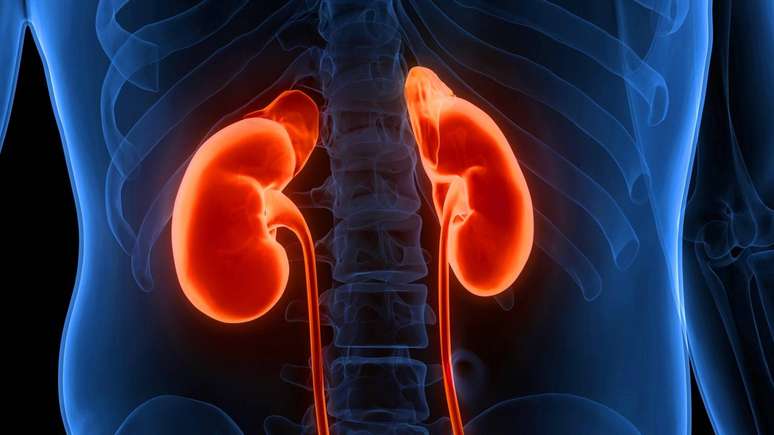The main hypothesis has to do with DNA, but behavioral and socioeconomic factors are not excluded
A study of National Cancer Institute (INCA) I want to find out why black women tend to develop a breast cancer more aggressive. They have a 57% greater risk of dying from the disease than white women, according to the agency. In black people this probability is 10% higher, even compared to the white population.
Biologist Sheila Coelho Soares Lima, scientist leading the research, explains that the main bet is linked to factors genetic. But not only that: it also evaluates the role of behavioral and socioeconomic factors, which can lead, for example, to reduced access to medicines or difficulty in incorporating tests into the routine.
This more aggressive tumor subtype is triple negative (TNBC). One of its peculiarities is the absence of hormone receptors and the Her2 protein, which, in practice, prevents the use of more targeted treatments. “So the alternative is to use conventional chemotherapy, which is not as targeted,” says Sheila. Besides that, the growth of this cancer is considered rapid.
African ancestry and DNA
The researcher points out that the percentage of triple negative tumors is approximately 21% among black women, 17% in brown women and drops to 13% in white women. “What we want to understand now is why triple negative is more common in black women and whether genetic factors influence the growth of this tumor,” explains the specialist.
Sheila reports that there are already several studies showing that breast cancer is more common in black women and that this group is also the one that dies the most from the disease. However, few African countries have research involving genome sequencing, and some of them lack the resources to identify triple-negative tumors.
It is important to highlight that, for example, phenotypically black women may also have European genetic heritage. “We hope that, at the end of the research, we will be able to conclude which specific genes are involved and what minimum amount of this African ancestry favors the more severe type,” he explains.
Although DNA is at the heart of the matter, Sheila points out that other aspects are taken into consideration, as historically the black population tends to have less access to health services, is diagnosed when the disease is advanced and faces difficulties in completing treatment.
“Today we know that more than 90% of cancer cases are linked to environmental problems,” informs the biologist. So, one line of inquiry is to evaluate whether the black population would be more susceptible to these factors.
To date, 200 women with breast cancer who identify as black and are being treated at the Rio de Janeiro cancer hospital are being evaluated. They each had pieces of the tumor removed via biopsy for analysis DNA and genomic sequencing.
The researcher informs that she is already in contact with researchers from other states to try to include more women in research. The intention is to reach a thousand volunteers. “We are expanding precisely to have a representation of the Brazilian population as a whole, since we not only have African origins, but we also have indigenous origins, for example,” he comments.
With the study’s findings, scientists hope to change the way the disease is viewed in people of color, aiding in the earlier identification of tumors.
Source: Terra
Ben Stock is a lifestyle journalist and author at Gossipify. He writes about topics such as health, wellness, travel, food and home decor. He provides practical advice and inspiration to improve well-being, keeps readers up to date with latest lifestyle news and trends, known for his engaging writing style, in-depth analysis and unique perspectives.








